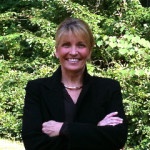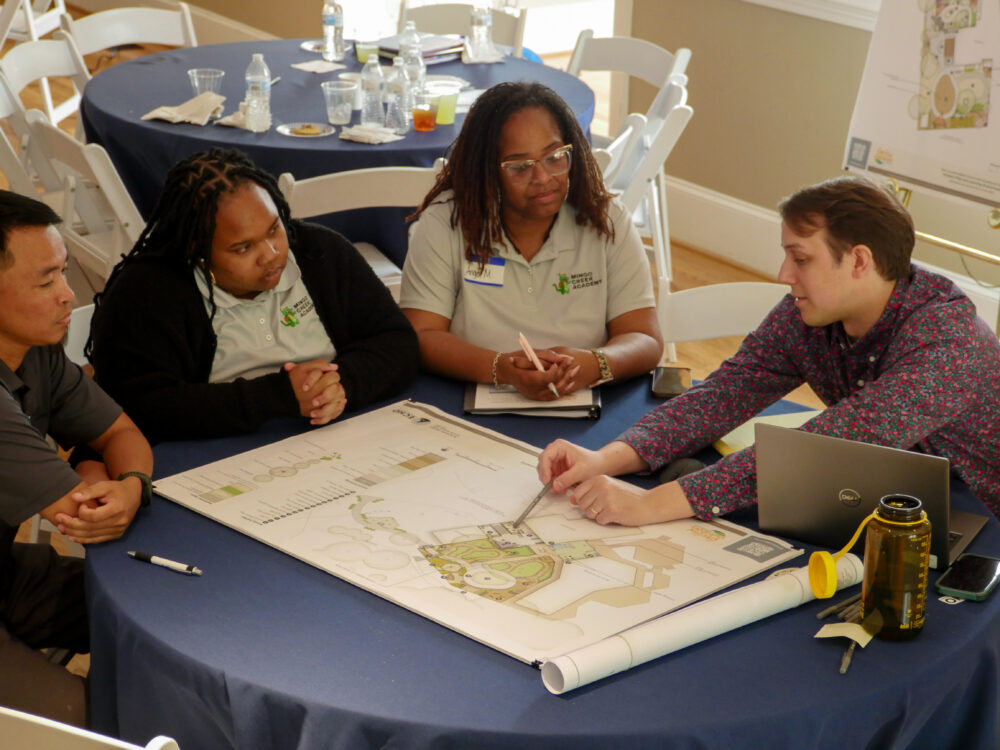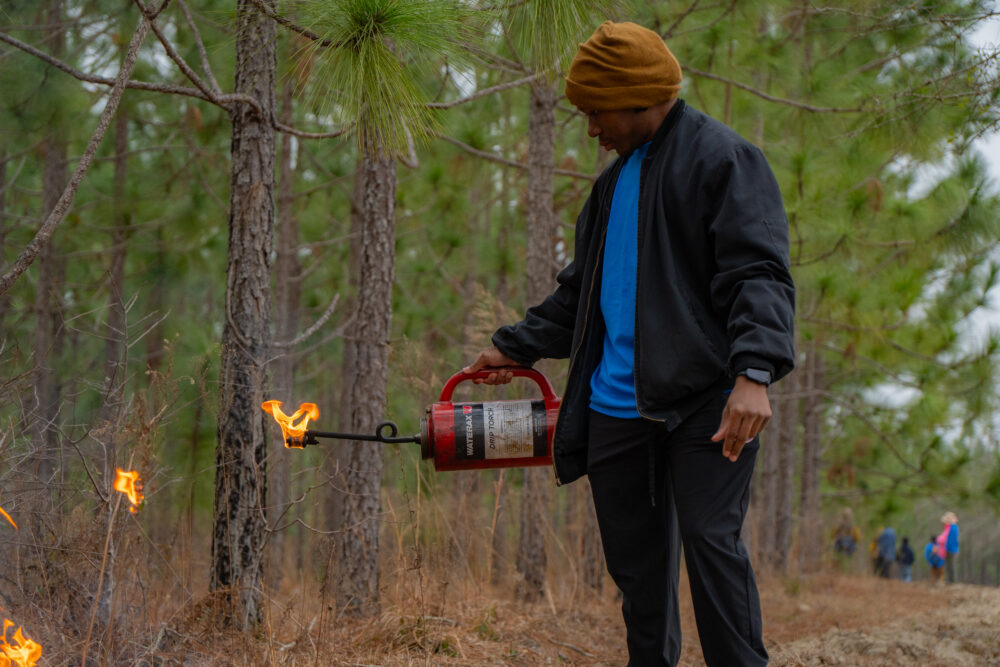We have much more to do and your continued support is needed now more than ever.
Five Questions: How to Build a Network of Local Farms
July 28, 2009
Laura Hall owns and operates the Refectory, a café housed in the divinity school at Duke University which serves local and sustainable food. We asked Laura how the restaurant came to be, and what it’s up to now.
CE: How did you get started with the Refectory?
LH: We got started in 2005 at Duke University. At the time Bon Vivant Catering was a “Gourmet to Go” business providing healthy meals for busy two-career couples with little time to cook and shop for a nourishing meal. We would have a healthy entrée, or a couple of sides, ready for them to pick up and take home for final assembly. Jim Wulforst, Director of Dining services, liked the focus on nutrient-dense, healthy foods, and asked us if we would consider doing a green café at Duke.
The divinity school already had some criteria: organic food, environmentally and socially sustainable food, simple and healthy food. Their motto was, “live simply so that others may simply live.” The Divinity School gave us their “wish list” and left the rest up to us. It was great, creating an economically, environmentally and socially sustainable cafe was a puzzle we enjoyed solving!
CE: Now you source produce, meat, and eggs from 30 local farms, all within 150 miles. How long did it take to build that network? How difficult was it? Is it a robust system?
LH: It was very difficult– it took almost three years. We had fits and starts, as you can well imagine. We had to go out and vet all these farmers, then as our business grew, we didn’t have enough supply, then as our menus changed, we had to alter some of our suppliers. And when we opened a second café, we had to increase again. The first year, we only had ten local farmers. It’s tripled since then.
Now we have continuity of supply, we have great suppliers, and we’ve made everything work in terms of price thanks to the popularity of both of the cafes. Since we’re serving students, it was important that we have a value menu, but that it also be sustainable and nutrient-dense. Our most expensive meal is $ 7.95, and that includes a salad and a hot entrée, such as local chicken and vegetables, all made right in our own kitchen. A burger and fries, made with local beef and local sweet potato or white potato fries is only $6.25. We have the best veggie burgers and turkey burgers on campus. We have a $4 “whole oat” oatmeal breakfast that’s full of protein from local eggs and cracked oats. The students call it “crackmeal”. We are pleased that we have so many people eating breakfast – the most important meal of the day – and it isn’t donuts!
CE: The Refectory also uses food from an on-campus garden. How did this come about?
LH: The Nicholas school, which is the environmental school, has worked with us on different student projects from the inception of the Refectory. We have worked together on composting, on vermiculture and on the use of various paper products (compostable vs. recyclable materials). Now that the Nicholas school is producing organic lettuces, we’re buying them, for the same price we pay our other suppliers. It takes some extra work on the part of the students, to make sure that they’re getting everything clean and ready to use, to the same level that our suppliers do.
We also have two of our own herb gardens on campus. And we love to make food beautiful: we use nasturtium blossoms from campus in our salads now and people love it.
CE: Critics of local food often point out that large shipments of food, even when coming from thousands of miles away, can sometimes be more efficient in terms of carbon emissions. Is that a concern for the Refectory?
LH: No. As much as I can buy local, I do, because it supports the local economy and creates local jobs. Our real goal is to make the Durham area and Duke University sustainable. It’s more expensive to go local when you look at the total picture. But we only go outside local when we have to, because there isn’t a local supply or the local price is prohibitive, like tomatoes in the winter. People love their tomatoes.
CE: What would you recommend to another school working to bring more local, sustainable food to campus?
LH: I would recommend finding a local entrepreneur who just loves where they live and has a passion for food and farms. It’s a challenge, but the great thing about my job is that I live here and I love it here. Durham is an interesting eclectic place to live and raise a family. We have a holistic attitude about the area because we live here. We live it and we breathe it, and we’re really tied to the community. The café has become a Durham-centric place. It has just developed all these social links focused on one thing: making Durham a better place to live.
I also think that the “homemade” sense of place is important for the students. Some of them are coming from far away, and we’re trying to create a place that’s welcoming, and where they know our names, we learn their names and we know what they like to eat. Our staff is amazing – they build that relationship every day with the students, faculty and staff. Hot, Healthy & Homemade is our tagline. I don’t want to be cliché and say it’s like Cheers, but it is, a little bit. It gives students and everyone that visits a sense of home.
 Laura Hall, owner & president of Bon Vivant Catering, spent her career in the technology industry. After graduating from Old Dominion University with a BS in Business, Laura spent 21 years at AMP, Inc., her last position as senior executive in charge of a $2.5 billion sales & marketing organization. An avid runner, cook and always a student of nutrition, Laura feels the “green cafe” is the perfect culmination of all she has learned about running a business and enjoying a healthy lifestyle. The Refectory was created to do something good for the university, the students and the employees of Bon Vivant. The learning process continues as both cafes grow in terms of the menus they offer and the environmentally sustainable practices they continue to introduce into the business.
Laura Hall, owner & president of Bon Vivant Catering, spent her career in the technology industry. After graduating from Old Dominion University with a BS in Business, Laura spent 21 years at AMP, Inc., her last position as senior executive in charge of a $2.5 billion sales & marketing organization. An avid runner, cook and always a student of nutrition, Laura feels the “green cafe” is the perfect culmination of all she has learned about running a business and enjoying a healthy lifestyle. The Refectory was created to do something good for the university, the students and the employees of Bon Vivant. The learning process continues as both cafes grow in terms of the menus they offer and the environmentally sustainable practices they continue to introduce into the business.





















